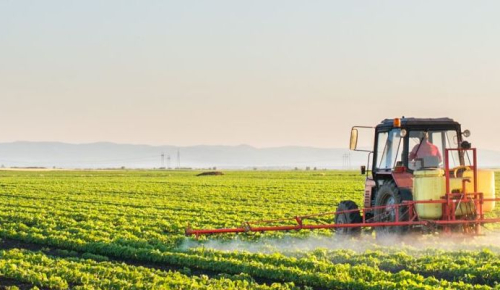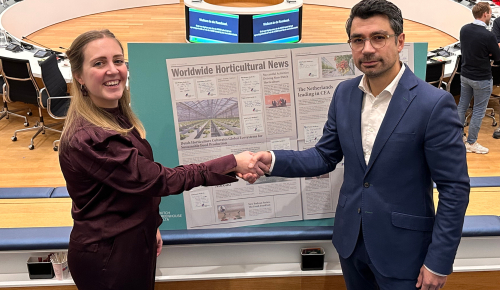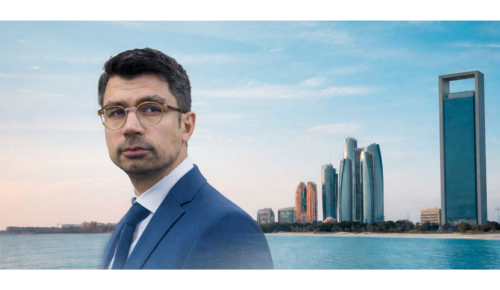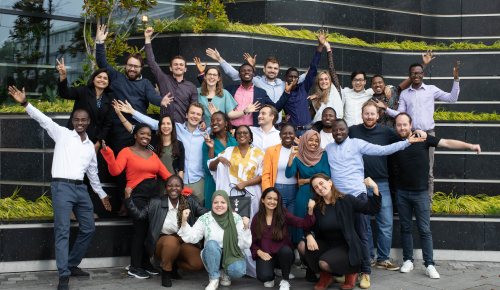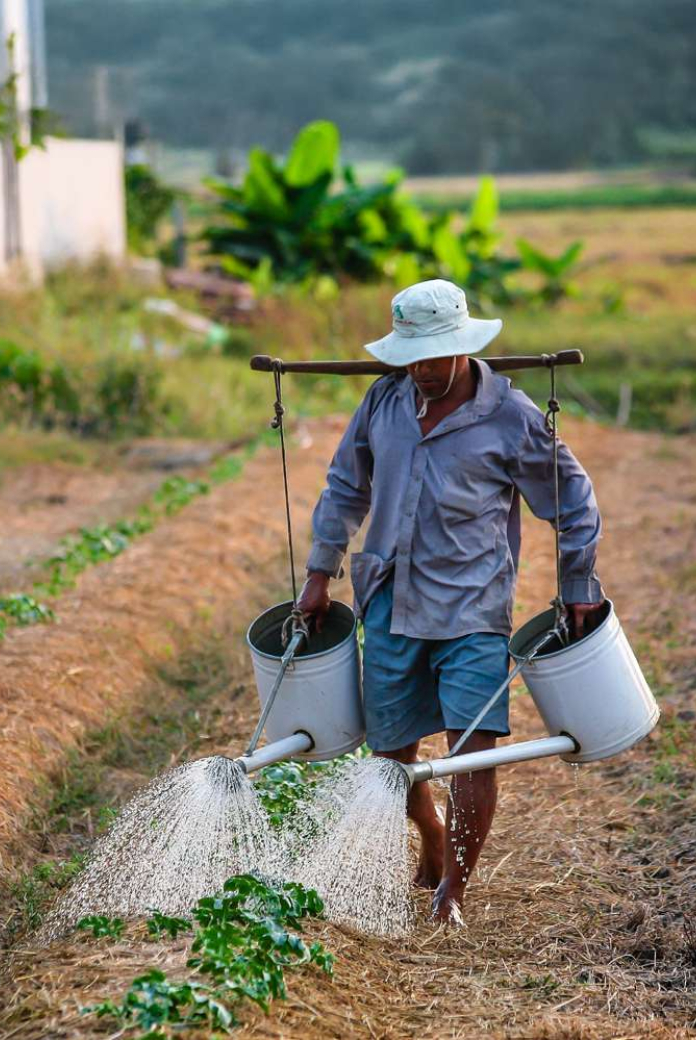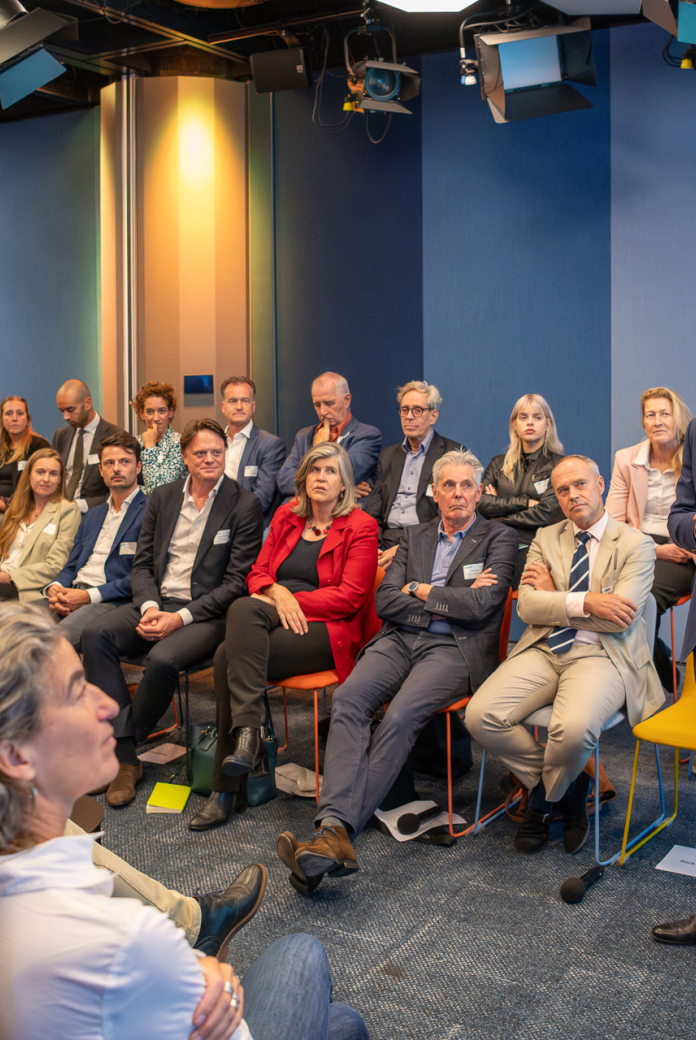News
3 February 2022From groundwater pollution to food solution
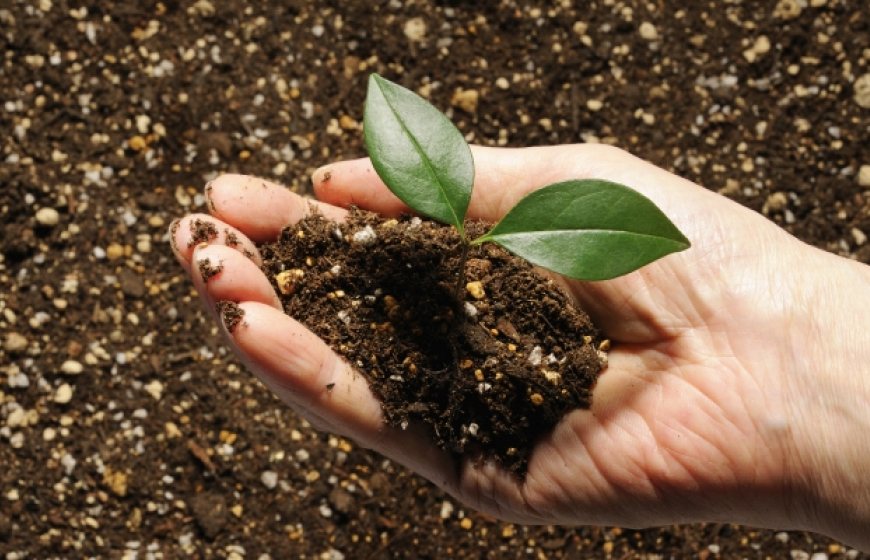
How do you bring together solutions for groundwater pollution caused by pit latrines and, at the same time, produce compost and irrigation water for growing food? The 'From Waste to Taste' project by SEMiLLA Sanitation and SkillEd does just that. Together with Cordaid Uganda providing local technical assistance, this circular refugee camp project has recently received funding from NWP's Water for Food Programme.
Closed Loop Concept
The NWP Water for Food Programme launched its Call for Proposals in September 2021. One of the projects submitted was a circular concept - also referred to as a Closed Loop Concept or CLC - in which wastewater from pit latrines in a refugee camp in Uganda is processed into valuable products like biogas, compost and irrigation water. These products in turn are used to grow food, including fruit trees and vegetables.
The reviewers found that this concept had great scalability potential if the CLC concept was validated and found economically feasible too. At the same time, the project shows strong multi-tier benefits (biogas; reduced groundwater pollution; water reuse for irrigation of crops, fruit trees, vegetables), as well as beneficiaries and clear funding strategy.
Based on the reviewers' report, SEMiLLA Sanitation and SkillEd, together with local partner Cordaid Uganda, were one of 3 consortia who received financial support for their project.
From Waste to Taste: Pit latrines cause groundwater pollution with nitrogen, which makes it extremely difficult to turn it back into drinking water.
The Closed Loop Concept treats faecal sludge collected from pit latrines and produces compost and irrigation water for food crops, resolving this burning issue.Consortium SEMiLLA Sanitation, SkillEd & Cordaid Uganda
Proving the business case
The project From Waste to Taste answered NWP's call for high-potential, sustainable and bankable business cases in the water-agrifood nexus that contribute to improving food security. The project aims to provide a complete self-sustaining model, delivering affordable renewable energy while creating employment opportunities, which helps in securing food availability and minimising water scarcity.
According to the consortium, the funding will allow them to turn their competitive business case into practice. The financial support will be used to prove the business case for compost and irrigation water used for fruit tree nurseries, and for fruit and vegetable farmers respectively.
Ultimately, the aim is to make communities more resilient by making water available for more productive uses (including high-value crops) to improve food security.
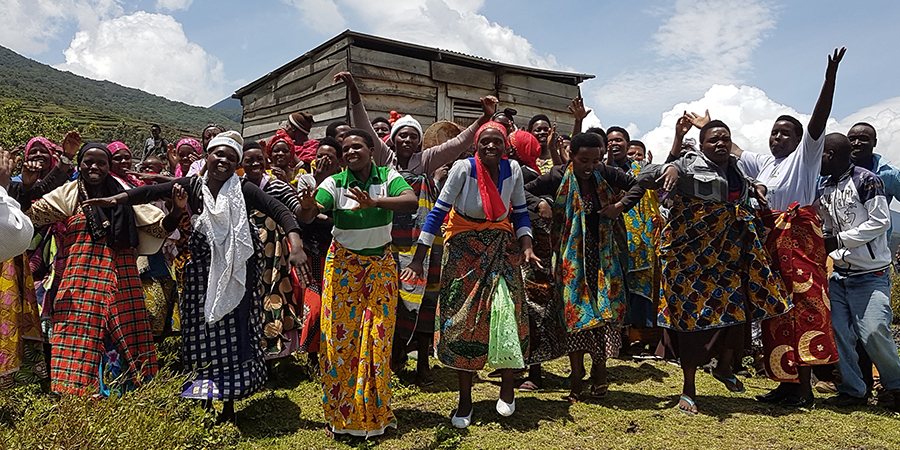
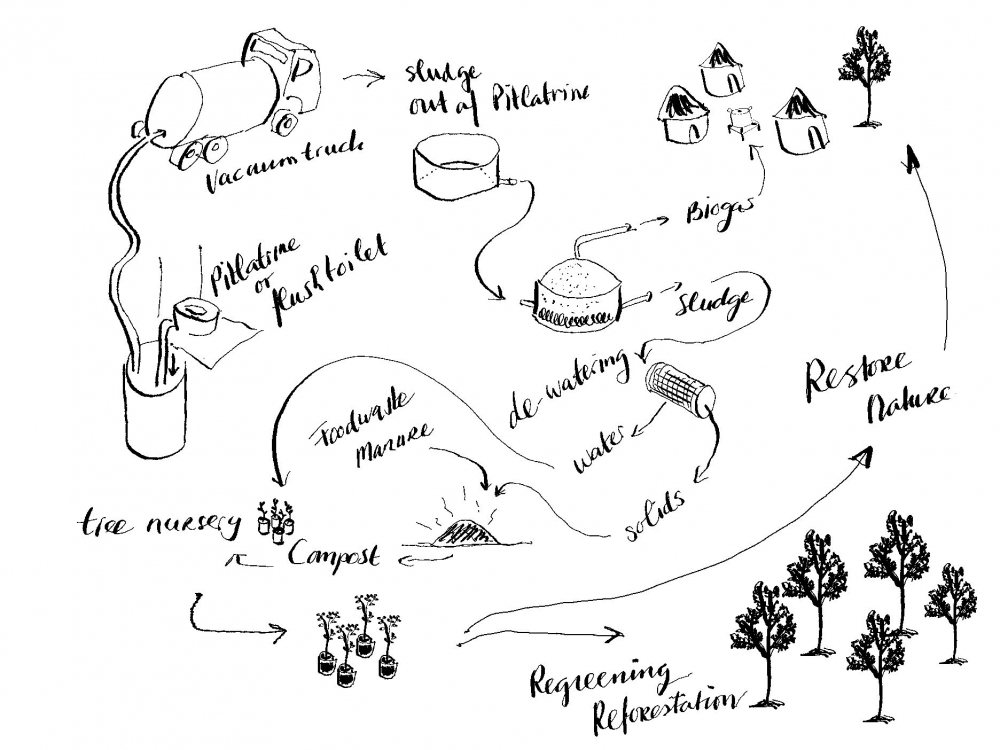
Scale-up potential
The partners will work together to set up and build evidence around the value chains, set up training programmes for farmers and prove the economic feasibility - the validation that farmers will pay for compost and fruit trees. The urgency of the issue is evident.
Due to the relative low cost and ease of building pit latrines, once full, new ones are often built leading to more groundwater pollution with nitrate leaking into the soil and reaching groundwater. There is also great pressure on land given the enormous population growth, making it increasingly difficult to find available land for new latrines.
Once validated, there is significant scale-up potential to other locations in Uganda - and beyond.
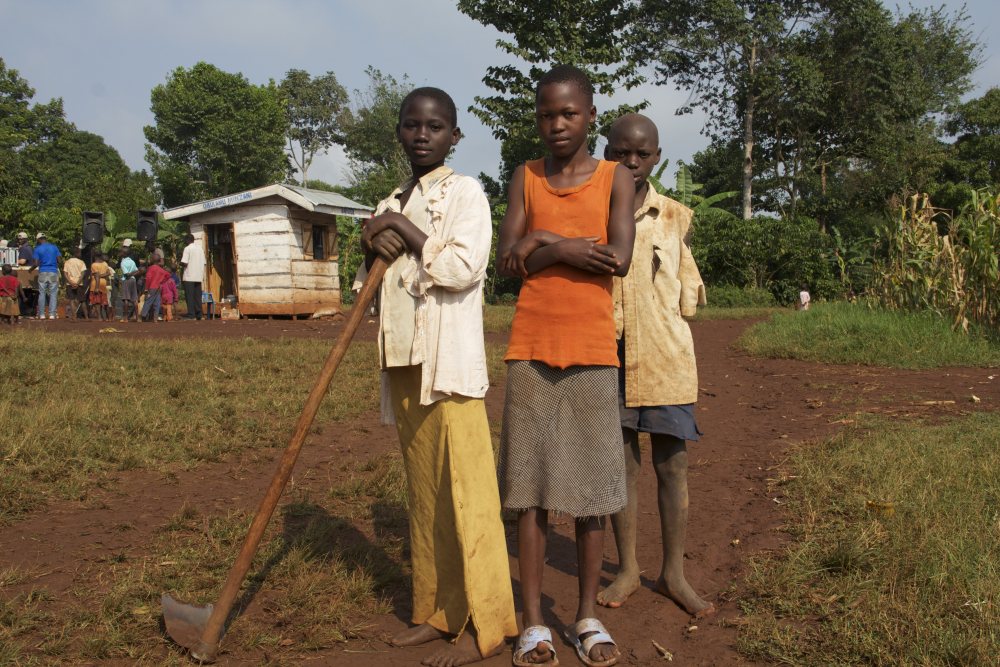
The Water for Food Programme is an initiative of the Netherlands Water Partnership, supported by the Dutch Ministry of Agriculture, Nature and Food Quality.
